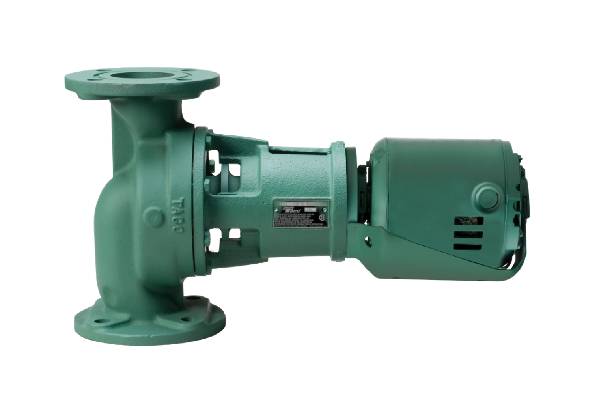Whether you’re planning to buy a circulating pump for a home heating system or need an industrial circulation pump for continuous fluid flow, understanding what makes a pump efficient and reliable is essential. This guide will help you make the right decision—whether you’re searching for the best circulating pump for underfloor heating, marine use, or HVAC applications.
What Is a Circulating Pump?
To make an informed purchase, it helps to first understand the basic function and purpose of a circulating pump.A circulating pump, also known as a recirculating pump, is designed to move fluid within a closed loop. In homes, it pushes hot water through radiators or floor heating systems and back again. In HVAC systems or marine cooling circuits, it distributes heat or cooling fluid consistently. Today’s market offers a wide range of options, from low-noise hot water circulating pumps to 24V DC circulation pumps for marine use.
Common Applications
Circulating pumps are widely used in both residential and industrial environments—let’s take a closer look at where they perform best.
- Residential Heating: Ideal for central heating systems and underfloor heating.
- Hot Water Recirculation: A hot water circulating pump ensures near-instant access to hot water at the tap.
- HVAC Systems: Common in commercial settings, especially when choosing an energy-saving circulating pump for HVAC.
- Industrial Processes: Circulating pumps help control temperatures and maintain consistent flow in systems.
- Marine & Offshore: A marine circulating pump keeps cooling systems operating smoothly in ships and offshore platforms.
Key Factors When Buying a Circulating Pump
When selecting a pump, it’s important to evaluate these core factors to ensure compatibility and long-term efficiency—especially if you’re browsing circulating pumps for sale online or from a local supplier.
1. Flow Rate & Head Pressure
Start by identifying your system’s required flow rate and head pressure. For example, a circulating pump for underfloor heating system typically needs low to medium head, while industrial or marine pumps may demand higher pressure.
2. Energy Efficiency
Choosing a high-efficiency circulating pump with ECM motors or variable speed controls can significantly reduce energy costs—ideal for homes and businesses looking to go green.
3. Noise Level
For household use, a low noise hot water circulating pump is highly recommended. Quiet models also benefit apartment buildings and offices.
4. Material & Durability
The right material depends on your application. A stainless steel circulating pump for potable water ensures safety, while cast iron is great for closed-loop heating systems. For marine or corrosive environments, a plastic-bodied pump or composite circulating pump is a better fit.
5. Installation & Maintenance
Opt for pumps that include built-in diagnostics or smart sensors. Some smart circulating pumps for HVAC offer app-based controls and remote monitoring. This reduces maintenance costs and improves reliability over time.
Top Benefits of Using a Circulating Pump
Understanding the advantages of circulating pumps can reinforce why the right choice matters for your system’s performance and your peace of mind.
- Instant Hot Water Access
- Improved Heating Efficiency
- Balanced Water Pressure
- Extended Equipment Lifespan
- Lower Energy Consumption
- More consistent comfort in HVAC and marine systems
Tips for Installation and Operation
Proper setup and operation will extend the pump’s lifespan and maximize its performance—especially important if you’re installing a circulating pump with smart controller or a solar water heater circulation pump.
- Always purge air from the system after installation.
- Install a check valve to prevent backflow.
- Use proper insulation on pipes to retain heat.
- Regularly clean or replace filters.
- Schedule routine maintenance for long-term reliability.
How to Choose the Right Brand or Supplier
A high-quality product is only as good as the support and service behind it. When looking for a circulation pump manufacturer or trusted circulating pump supplier, consider the following:
- Product certifications and performance data
- Positive customer reviews
- Reliable warranty coverage
- Technical support availability
- Access to spare parts and manuals
Whether you plan to buy circulating pump online or from a local distributor, supplier credibility matters.
Conclusion
Choosing the right circulating pump isn’t just about price—it’s about performance, reliability, and efficiency. Whether you’re selecting a recirculating pump for a solar water heater, a circulation pump for marine cooling, or simply replacing a worn unit in your home, making the right decision upfront leads to long-term benefits. For trusted solutions across residential, commercial, and offshore applications, explore quality products from BESQO Marine—a name committed to flow, performance, and reliability.
